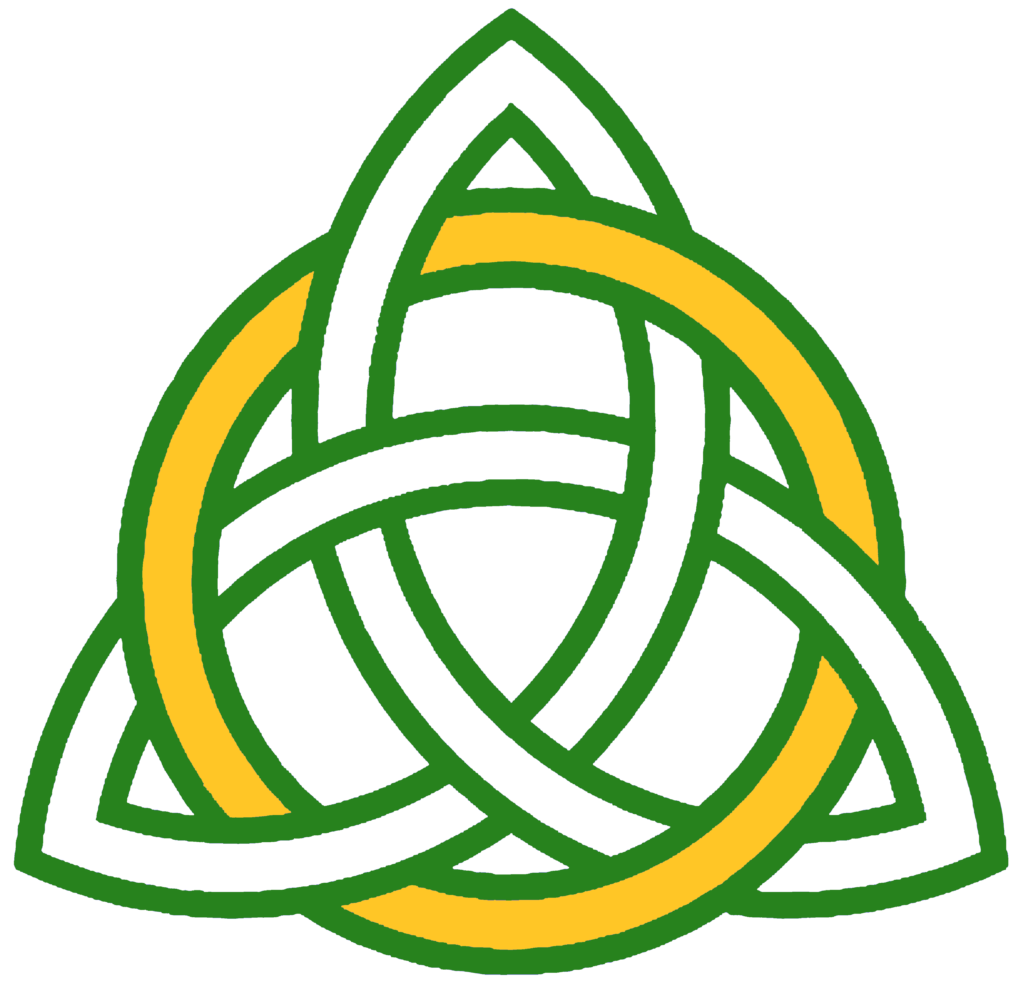by Donna Donovan
Virtue, defined as a quality or trait of character considered to be morally good or desirable, is fundamental to the practice of the Twelve Step program of recovery originated by Alcoholics Anonymous. In the work I do in the various prisons, the majority of the inmates I work with are there due to an addiction issue. I, myself, am an addict in long-term recovery. Many in the pagan community, who struggle with addiction, turn away from 12-Step programs based on what they view to be a “Christian foundation”. What many do not realize, is that Bill W. was an atheist. Regardless of whether or not the addict accepts a traditional understanding of God or Higher Power in relation to the Steps, virtue is needed in order to practice them. The fact simply remains that my ancestors were honorable people who had values. Period. The Irish word for honor is “oineach” which came from the Old Irish word “enech” meaning “face”. “To save face” is a phrase I am sure we are all familiar with. It was, and is, important to keep one’s dignity and respect for others by being honorable. Any virtue, by way of the definition of honor, is part of being honorable.
There are several “pagan” versions of the 12-Steps out there, and even one that I know of, based on the Nine Noble Virtues of Asatru. This is my version of the “12-Steps” based on the Celtic virtues that I follow.

1) Admit there is a power that will kill me (addiction), a power that wants me to live (your Gods, aka “Higher Power”), and admit we have used our own power destructively.
Virtue: Integrity
Integrity means to be honorable, truthful to one’s word or oath, and trustworthy. Honesty with self and others and the humble admission of one’s limitations are necessary.
2) Which do I want? (If you want to die, stop here. If you want to live, go on.)
Virtue: Courage
Courage is getting up each day and making the conscious choice to NOT give in to the darkness that hounds me and to NOT use it in an effort to be rid of it. We need the courage to make our spiritual path strong and bold, to be justified in action, to have confidence, and be effective.
3) Develop the ongoing practice of faith, deciding to turn one’s will and life over to a Power Greater, and the self-discipline to practice a Higher Power’s will.
Virtue: Piety
A dutiful devotion to God or the Gods, the observance of commonly accepted spiritual, ethical and moral principles. You honor your Gods and your Ancestors by expressing your spirituality and embracing the sacredness of life.
4) Using examples from your own life, understand that selfishness, dishonesty, resentment, and fear to control your actions. Tell all your private embarrassing secrets to another person. Take an honest moral inventory.
Virtue: Wisdom
Tri caindle forosnat cach n’dorcha: Fir, aicned, ecna.’ (Three candles that illuminate every darkness: truth, nature, and knowledge.) It takes humility and courage to look at oneself honestly and admit one’s faults and failings. In the Audacht Morainn the term which describes this virtue is ‘firbrethach’ which literally means ‘giving correct judgment.’
5) Decide whether or not you want to live that way anymore. If you want your life to change, ask a Power greater than yourself to change it for you. (If you could have changed it yourself, you would have long ago.)
Virtue: Vision
Vision is the pursuit of a clarified view of oneself, the world, and the cosmos. It is the acceptance of the need to change and the willingness to let go of character defects with the help of a Higher Power. It is the humility to understand the need for change, to rely on help from something greater than oneself, and to reach toward moral and spiritual growth.
6) Figure out how to make right all the things you did wrong. Fix what you can without causing more trouble in the process. Understand that making mistakes is part of being human (When you make a mistake, fix it, immediately if you can.)
Virtue: Perseverance (and Integrity)
Integrity in the Celtic community meant to be an aspect of the whole, the family, the tribe, the nation. Willingness and perseverance are essential. Perseverance is the sum total of effort invoked to start, maintain and finish a task.
7) Ask for help to treat yourself and others the way you want your Higher Power to treat you.
Virtue: Hospitality
Hospitality is perhaps the most significant and important Celtic virtue, the one which actively promotes and sustains a working sense of community. Part of being honorable and “saving face” is in being hospitable to those who cross our paths. It helps to reflect upon your relationship with others, the mystery that is life, and the universe we are part of, which is greater than we are.
8) Don’t stop doing 1 through 8 (or 1 through 12) and PASS IT ON!!!
Virtue: Fertility
Fertility includes the growth and activity of mind, body, and spirit … planting the seeds of recovery. Share your story, speak your truth. The “anonymous” in NA and AA does NOT mean your cannot share your own story. One will have become more outward-looking and less self-centered; a more virtuous person who is willing to carry this message to other addicts and practices the virtues and principles in all their affairs. This Step includes the practice of altruism or unconditional love, which is the giving of oneself without expectation of reward.
